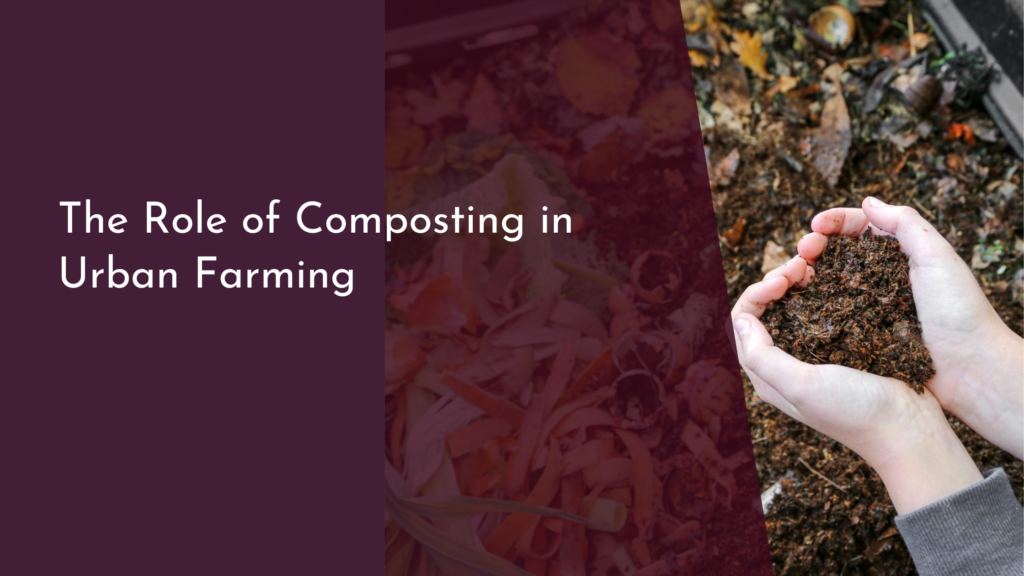The Benefits of Eating Seasonally for Sustainability
In recent years, the idea of eating with the seasons has gained popularity among food enthusiasts and environmentalists alike. This practice involves consuming fruits and vegetables that are naturally ripe and available at particular times of the year. With benefits that span sustainability, nutritional value, and culinary enjoyment, seasonal eating is more than just a trend—it’s a lifestyle choice that aligns our eating habits with the Earth’s natural rhythms. In this article, we delve into the myriad benefits of eating seasonally, exploring how it fosters sustainability, boosts nutritional intake, and brings a sense of joy to our dining experiences.
Understanding Seasonal Eating and Its Importance
Seasonal eating refers to the practice of consuming foods that are harvested at the peak of their ripeness, during the time of year when they are naturally abundant. This concept is not new; for most of human history, people’s diets were dictated by the changing seasons. As modern agriculture and global trade have made it possible to access almost any food at any time, we’ve drifted away from this ecological alignment. However, understanding the importance of seasonal eating helps us reconnect with nature and appreciate the cycles that sustain life on our planet.
This approach to eating is grounded in the idea that foods grown in their natural season are fresher, tastier, and more nutritious. By adapting our diets to the growing seasons, we not only savor the flavors of freshly harvested produce but also support local farmers and the environment. The resurgence of interest in seasonal eating signifies a growing awareness of the impact our food choices have on the world around us, encouraging us to think more deeply about where our food comes from and how it affects the planet.
How Seasonal Eating Promotes Sustainability
One of the most significant benefits of eating seasonally is its positive impact on environmental sustainability. By choosing foods that are in season locally, we reduce the need for long-distance transportation, which is often associated with high carbon emissions. This means that the journey from farm to table is shorter, minimizing the ecological footprint associated with our food consumption. Moreover, seasonal foods usually require fewer resources like energy, water, and fertilizers, as they grow naturally under suitable weather conditions.
Seasonal eating also supports biodiversity and the health of ecosystems. When farmers focus on growing a diverse array of crops rather than monocultures, they enhance soil health and encourage a natural balance of pests and pollinators. This practice reduces the need for harmful pesticides and contributes to the long-term fertility of the land. By choosing to eat seasonally, we are effectively endorsing farming practices that prioritize ecological balance and sustainability, contributing to a healthier planet for future generations.
Nutritional Advantages of Eating Seasonally
Fruits and vegetables that are consumed in their natural growing season tend to be more nutrient-dense. This is because seasonal produce is harvested when it is at its peak ripeness, ensuring maximum flavor and nutritional content. For instance, strawberries picked in the summer when they are naturally ripe are likely to contain higher levels of vitamins and antioxidants compared to those grown in artificial conditions or stored for long periods. Eating seasonally allows us to enjoy food that is not only delicious but also packed with the nutrients our bodies need.
Additionally, aligning our diets with the seasons can offer a more varied nutritional profile throughout the year. Each season brings a unique array of fruits and vegetables, encouraging us to diversify our diet. This natural rotation of produce ensures that we consume a wide range of vitamins, minerals, and antioxidants, contributing to overall well-being. By embracing seasonal eating, we can support our health while enjoying the freshest, most flavorful foods available.
Embracing Seasonal Eating: A Joyful Conclusion
Embracing seasonal eating can be a joyful and rewarding experience. It opens up a world of culinary possibilities, inviting us to experiment with new recipes and flavors that change with the seasons. This practice encourages creativity in the kitchen, as we learn to make the most of what is freshly available. Seasonal eating also offers the simple pleasure of anticipation—looking forward to the first ripe tomatoes of summer or the crisp apples of fall brings a sense of connection with nature’s cycles.
Moreover, seasonal eating fosters a deeper connection with our local communities. By purchasing seasonal produce from farmers’ markets or local grocers, we support regional agriculture and contribute to the vitality of local economies. This not only strengthens community ties but also enriches our understanding of the food we consume. Ultimately, seasonal eating is a celebration of nature’s bounty, enabling us to tread more lightly on the earth while enjoying the freshest and most nutritious foods available.
In conclusion, choosing to eat seasonally is a simple yet profound way to enhance sustainability, nutrition, and enjoyment in our lives. By aligning our dietary habits with nature’s cycles, we contribute to a healthier planet, support local farmers, and nourish our bodies with the freshest produce available. This mindful approach to eating invites us to celebrate the beauty and diversity of each season, bringing a sense of joy and purpose to our dining experiences. As we continue to explore the benefits of seasonal eating, we take a step towards a more sustainable and fulfilling way of life.

